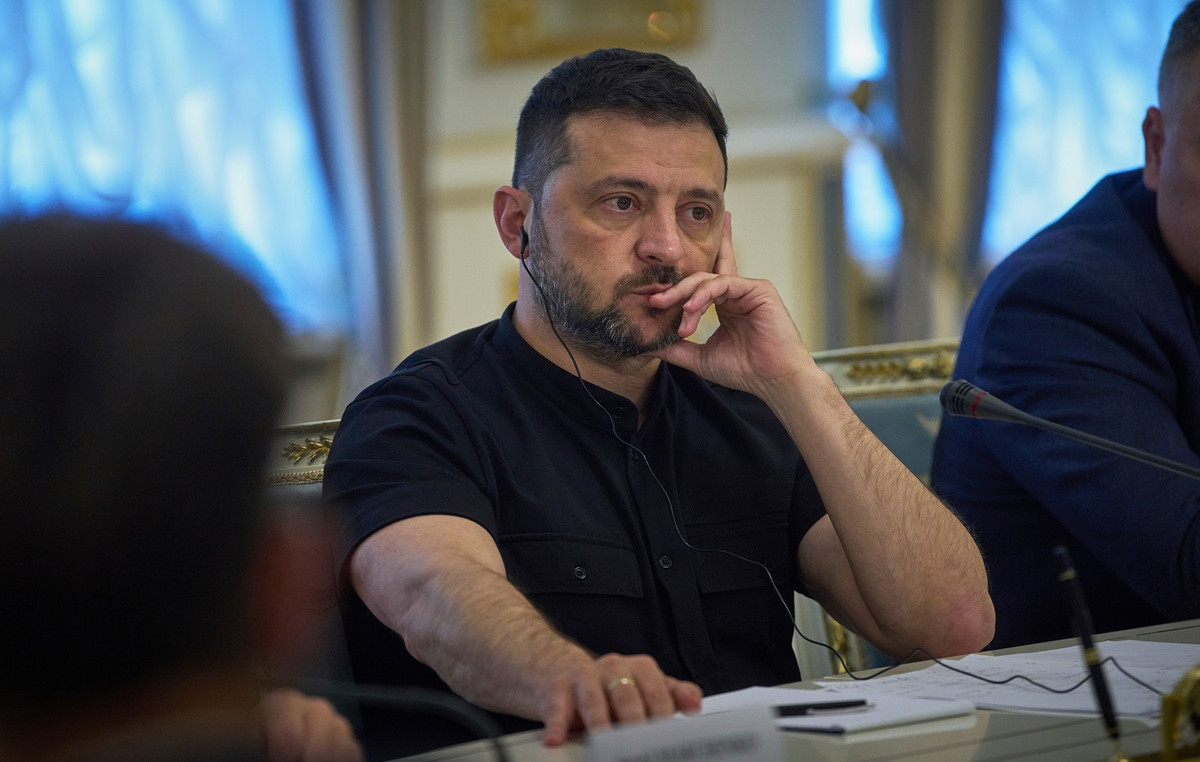In Eastern Europe, borders are being opened and procedures for Ukrainian refugees are being simplified. Does this mean that EU refugee policy is changing altogether?
For the countries of Southern Europe, it would be an important and welcome development for Eastern Europeans to co-sign a common refugee policy. In Brussels, many consider the situation favorable. Speaking to Deutsche Welle, Manfred Weber, head of the K.O. of the European People’s Party (EPP), the European Parliament’s largest political group, points out that what is happening on the Ukrainian-Polish border “reminds us that each of us must take our share of responsibility and solidarity. A unanimous decision by the Council to activate a directive giving people from Ukraine the right to temporary residence, without complicated procedures, is a clear message. but also in the long run … “.
So far, however, most Eastern European countries have not sought assistance in receiving and hosting refugees. Many believe this is so that they do not have to repay aid if a new refugee crisis breaks out in the Mediterranean. Exceptions are Romania, which has requested “operational support” from the European Asylum Organization, and Estonia, which has turned to Frontex for more effective border protection.
The differences with the refugee crisis of 2015
However, 2022 is not 2015. If nothing else because there is a difference in the legal status of refugees: Today most Ukrainians have biometric passports, while from 2017 EU law provides that they can enter the EU without a visa for 90 days. As a result, there are no longer asylum procedures we had in 2015. “I was in Greece last week,” says Manfred Weber. “I spoke with the Greek Prime Minister. I understand the frustration of the Mediterranean countries, which have always asked for solidarity at European level, but never had it. Now we are immediately showing solidarity in the case of Ukraine. in immigration “.
Today the biggest burden for the reception of refugees is borne by Poland. After all, hundreds of thousands of Ukrainians had already taken refuge in the country in the 1990s, and many of today’s refugees have relatives there who can accommodate them. At least 500,000 Ukrainians have already sought refuge in the largest Eastern European country, which did not want to receive a single refugee during the 2015 refugee crisis. How is this change explained?
“So where did a million refugees come from”
For independent MEP Giannina Ochoiska, this is not really a change. She criticizes her compatriots because, as she points out to Deutsche Welle, “we accept these refugees more easily. They are white, they are our neighbors, they have a war. But even today there are deportations on the Polish-Belarusian border. They are trying to come.” “People from Syria, Afghanistan, Iraq, Yemen but the Polish government does not want them. I am happy to welcome Ukrainian refugees, but I would be even happier if we treat all refugees the same way.”
Janina Ojoiska became involved in the refugee drama in the Bosnian war in 1992. Shortly afterwards, she founded the Polish Humanitarian Action, now active in Sudan, and other hotbeds of crisis. She believes that in a new refugee crisis in the Mediterranean, such as that of 2015, the EU would face the same known problems. However, she does not lose her optimism.
“I hope this war will change the mentality of the Poles,” he said. “Maybe we will start to understand the situation of migrants and refugees better. I remember the current Prime Minister Morawiecki saying that if we take the first thirty refugees from Afghanistan, we will soon have a million. So now we really have a million and yet. there is room for all these people. ”
Giannis Papadimitriou, Strasbourg
Source: Deutsche Welle
Source: Capital
Donald-43Westbrook, a distinguished contributor at worldstockmarket, is celebrated for his exceptional prowess in article writing. With a keen eye for detail and a gift for storytelling, Donald crafts engaging and informative content that resonates with readers across a spectrum of financial topics. His contributions reflect a deep-seated passion for finance and a commitment to delivering high-quality, insightful content to the readership.







